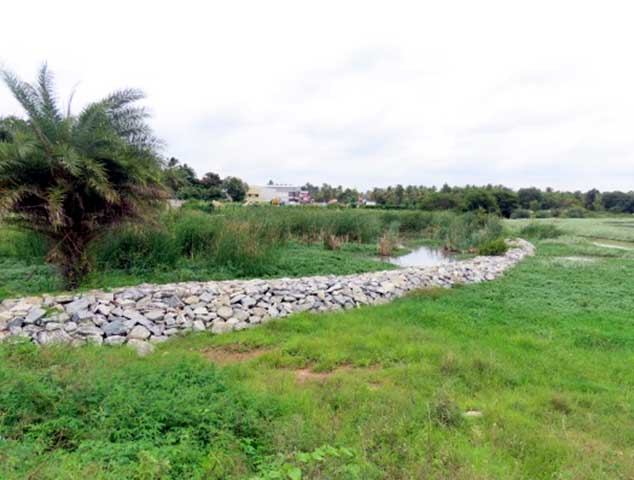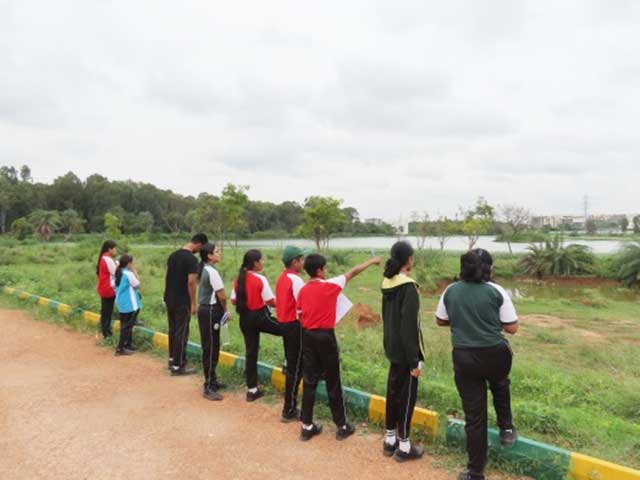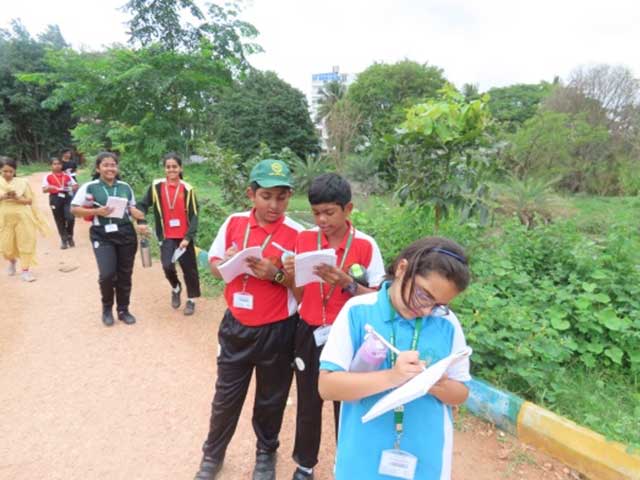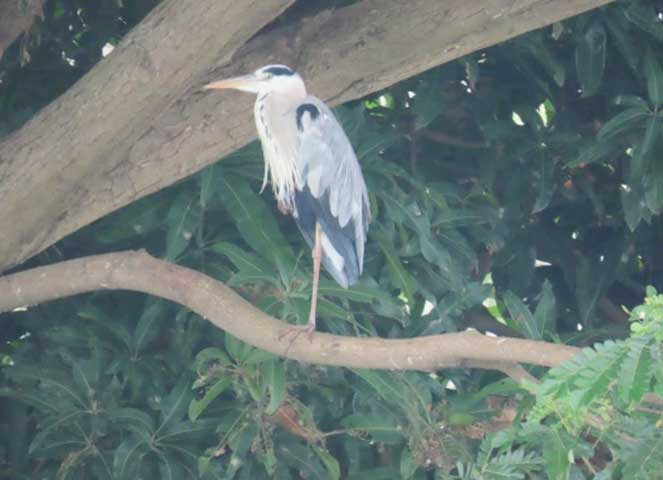Lake study trip for DPS East Nature club to Mullur lake on 30.8.24

Urban lakes have very important roles and functions and are integral wetlands for growing cities.
They are not at all meant to function as sewage collection tanks.
Outdoor experiential learning is an extended and better tool to connect students with nature and teach through first-hand experience.
Lake ecosystems are unique ecosystems supporting flood mitigation, ground water filtration and recharge, Habitat to variety of birds, insects, animals, reptiles and amphibians.
The growing urban communities are forgetting that the same lakes help them in recreation and increase value of their property. On the other hand due to rapid unplanned development these water bodies are under huge pressure and in the bargain are getting polluted & destroyed.
Students were given insight into lake planning, lake maintenance, Eutrophication etc,. Students also learnt about how lakes are useful in absorbing more carbon than terrestrial forests and help in controlling climate change.
Students documented the Lakes physical, geographical features, observed and recorded various birds, insects, reptiles and amphibians.
They also got a idea about the nuances of failed urban planning and how the direct connection of drains from buildings/apartments is causing huge pollution in the lakes like plastic, garbage and sewage.
Students collected samples of soil and water from various locations near the lake and will be testing them for many parameters like, PH, microorganisms, turbidity etc.







































